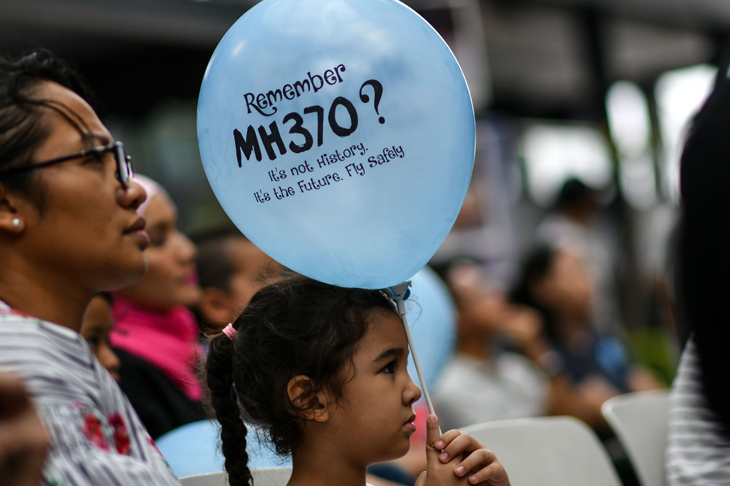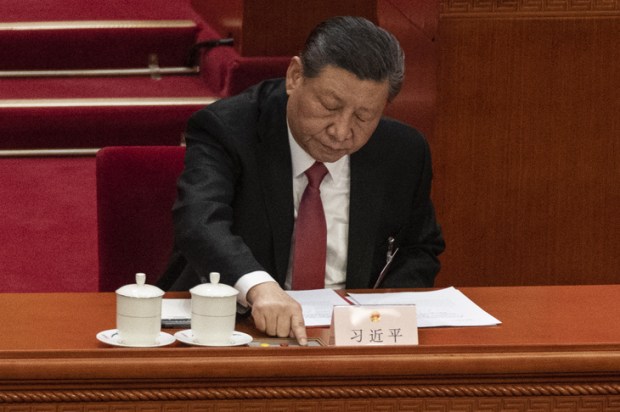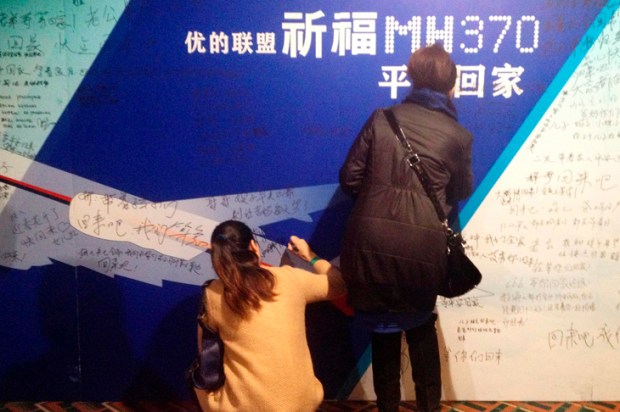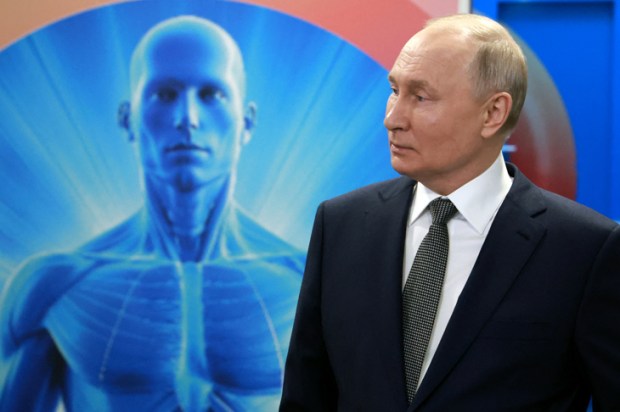On Wednesday 3 August the Albanese government announced that a review of the Australian Defence Force would be conducted jointly by former Labor defence minister Stephen Smith and retired ADF chief Sir Angus Houston, and throughout the days that followed, questions were raised over the suitability of Smith given that, during his time as defence minister, he had overseen a reduction in the Defence budget. Equally if not more problematic, however, is the appointment of Houston, who, as recently as October 2020, insisted that China is a friend of Australia and that it was wrong of Australia to act or think otherwise.
Houston’s comments on that occasion concerned a Senate Inquiry in which Senator Eric Abetz had asked three members of the Chinese diaspora in Australia to ‘unconditionally condemn’ the Chinese government, prompting accusations of racism and demonisation of Australia’s Chinese community. The following day, Thursday 15 October 2020, Houston took the opportunity in an address to the Lowy Institute to admonish Abetz and his fellow wolverines. ‘Some of the messaging we have seen from elements in Australia, particularly in the Parliament, has been a little bit ill-disciplined’. He described the words of Abetz as ‘loose talk’ that rendered bilateral relations ‘a little worse than they needed to be… China is our partner. China is not an enemy. Let’s get that very straight’. It was an unexpected intervention from Houston and one in which he used disciplinarian expressions that echo the speech patterns of the Chinese Communist Party’s own wolf-warriors.
Houston had acquired experience in acceding to requests from Beijing during his time as the head of the Australian-led search effort for missing Malaysia Airlines Flight MH370. For several authors on the MH370 mystery, that search effort was compromised by Australia being too readily accommodating of requests from its partners, Malaysia and China. Or another way of expressing the same concern is that the Australian search effort was overly influenced by a sense of old-fashioned British noblesse oblige. According to this line of criticism, from the time that it was thought that the plane had crashed west of Perth, Australia came on the scene as the white knight, with British-born prime minister Tony Abbott appointing British-born Houston to lead the search, and afterwards conferring a knighthood on him. Then, throughout the course of the search itself, the Australian leaders were too conscious of the propriety of their own conduct to notice the skulduggery going on under their noses. That skulduggery, once filtered through these Australian minds, finds expression in comments such as this from Houston: ‘The surface search went on longer than normally would be the case, and that was because of sensitivities from our partners’. Or this from his deputy, Judith Zielke, speaking after the search had been called off: ‘The biggest thing I have learnt from being involved in the search was actually the huge cultural differences between the countries involved…. We were in effect dealing with China, as much as we were dealing with Malaysia…. It’s important to remember that people are culturally the way they are, for a reason.’
For several writers on MH370, nothing confirms the intellectual shortcomings of the Western world more than its willingness to accept that a modern Boeing 777 can vanish without criminal interference of some kind, and Houston is one of the people suspected of this naivety. Yet Houston has never addressed these concerns in any detail and now seems reluctant to say anything critical of the CCP at all. Speaking at the announcement of the review into the ADF, he referred to various trouble spots around the world before concluding that Australia’s current strategic circumstances are ‘the worst I have seen in my career and lifetime’. The very purpose of this review is to better prepare Australia for a dreaded hot war, with China the anticipated opponent, but Houston skirted around the subject of the CCP and the threats being posed by it. Maybe he would say that naming China directly would only inflame tensions further. The perception, though, given the perceived ambiguities in his relations with the CCP, is that he will take every opportunity to side-step the need to offer any direct criticism of the Chinese government.
At a time like this, Australian taxpayers are entitled to hear more from him. When he says our strategic circumstances are the worst he has ever known, is that Australia’s fault for calling for an independent inquiry into the origins of Covid? What is his position on the CCP’s treatment of the Uighur people? Does he approve of Nancy Pelosi’s visit to Taiwan? Then there is the ADF’s recommendation to the Morrison government last year that the CCP leasehold over the Port of Darwin does not represent a sufficient risk. It was a recommendation that had people in different parts of the world falling off their chairs – Australians in disbelief, Chinese in laughter. Although retired at the time, was Houston consulted on that decision? Regardless, does he agree with it?
Sir Angus Houston is one of Australia’s most decorated military men and is seemingly beyond reproach. For that reason many people would instinctively reject the suggestion that he is too close to the CCP to discharge his duties pursuant to this review to a standard expected by the Australian public. If that suggestion is indeed misplaced, however, the onus is on Houston to correct it, for on the available evidence he is as much a friend of the Chinese government as Paul Keating and Mark McGowan.
It is not necessarily facetious to suggest that his first hour of work on the review was spent replying to CCP friends who had emailed to congratulate him on his appointment.
Smith and Houston both need to correct certain public perceptions. In the absence of them doing so, come the deadline for their report in March 2023, can we expect an 800-page document recommending a reduced defence budget and with the available funds allocated in such a way as to minimise discomfort for China?
Got something to add? Join the discussion and comment below.
Get 10 issues for just $10
Subscribe to The Spectator Australia today for the next 10 magazine issues, plus full online access, for just $10.
Check out Craig Pett’s blog:
You might disagree with half of it, but you’ll enjoy reading all of it. Try your first month for free, then just $2 a week for the remainder of your first year.














Comments
Don't miss out
Join the conversation with other Spectator Australia readers. Subscribe to leave a comment.
SUBSCRIBEAlready a subscriber? Log in